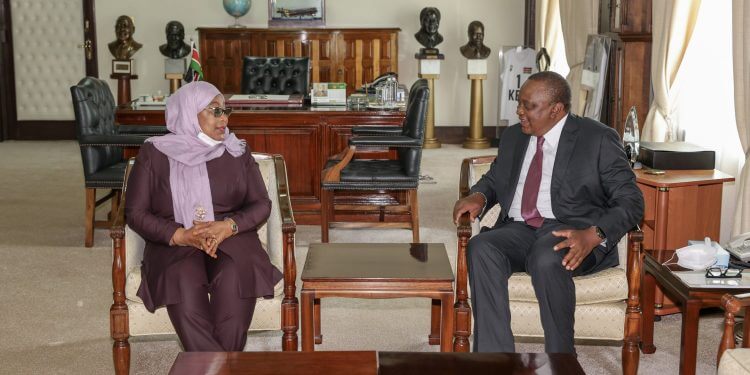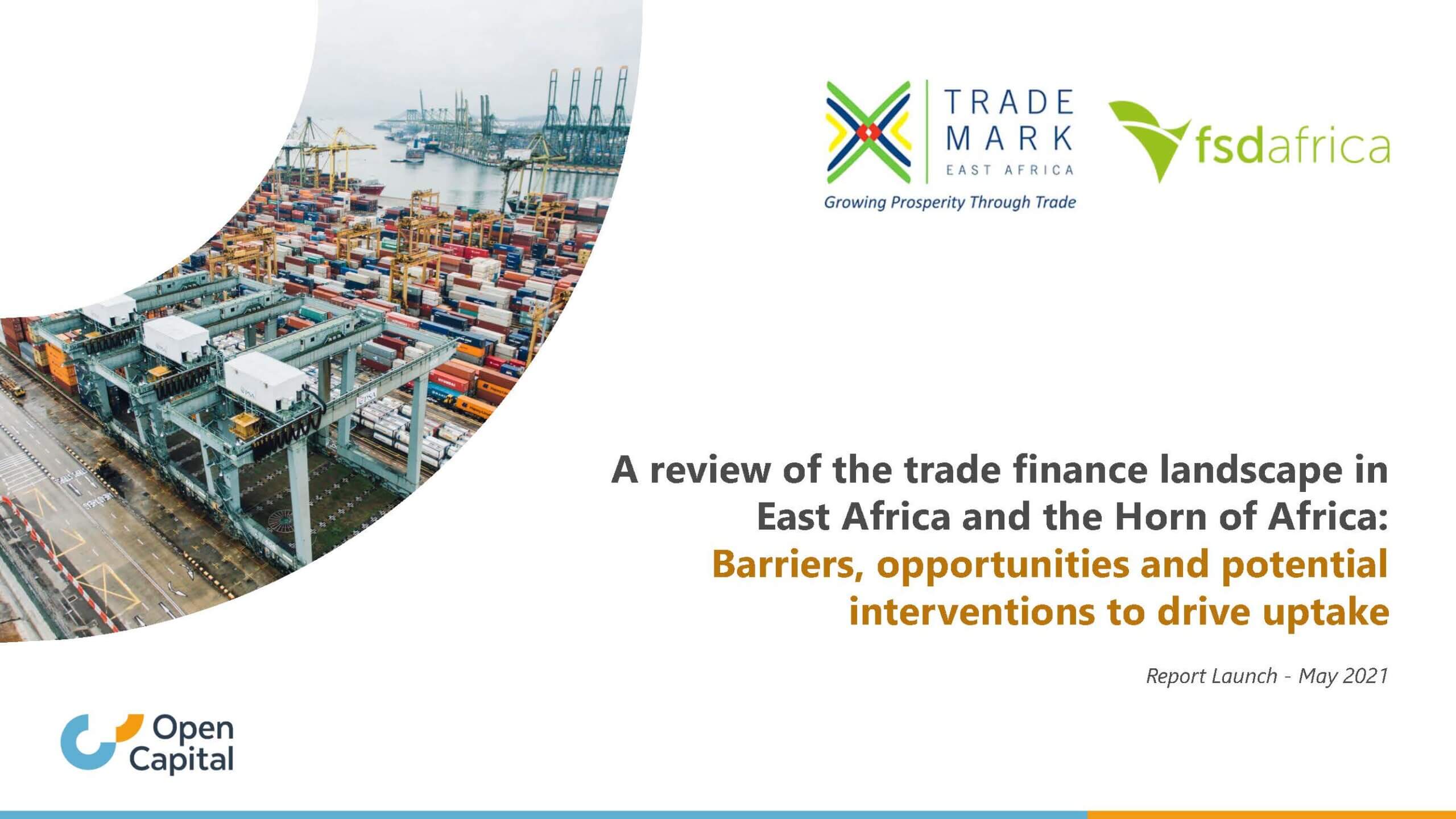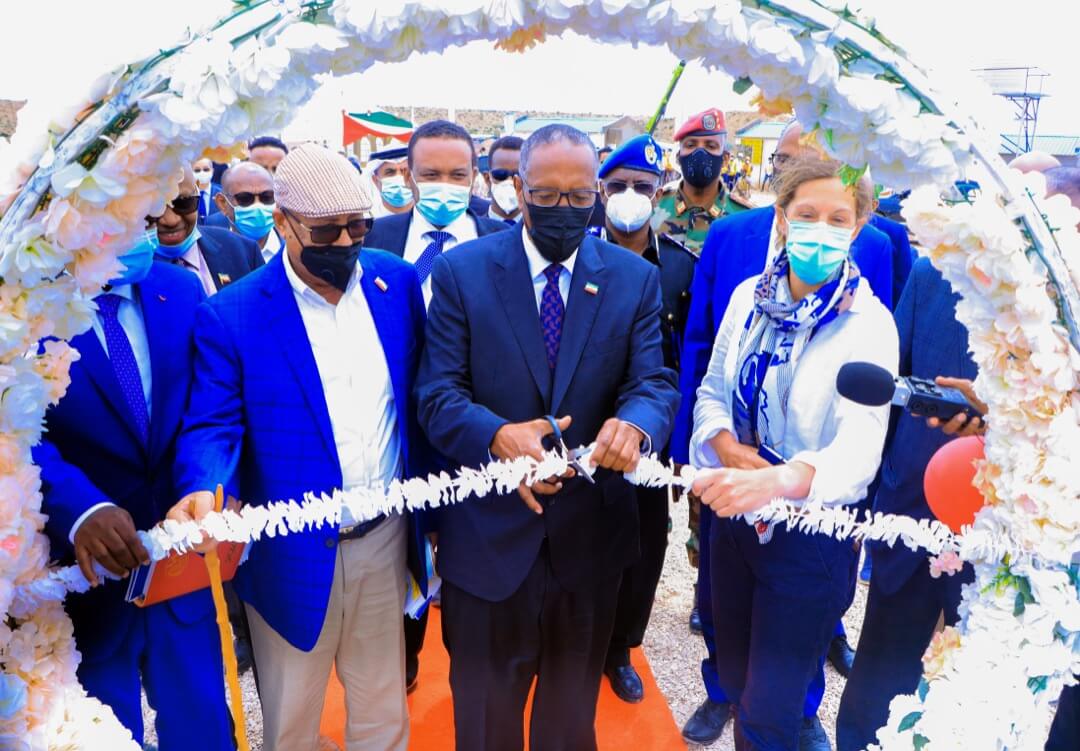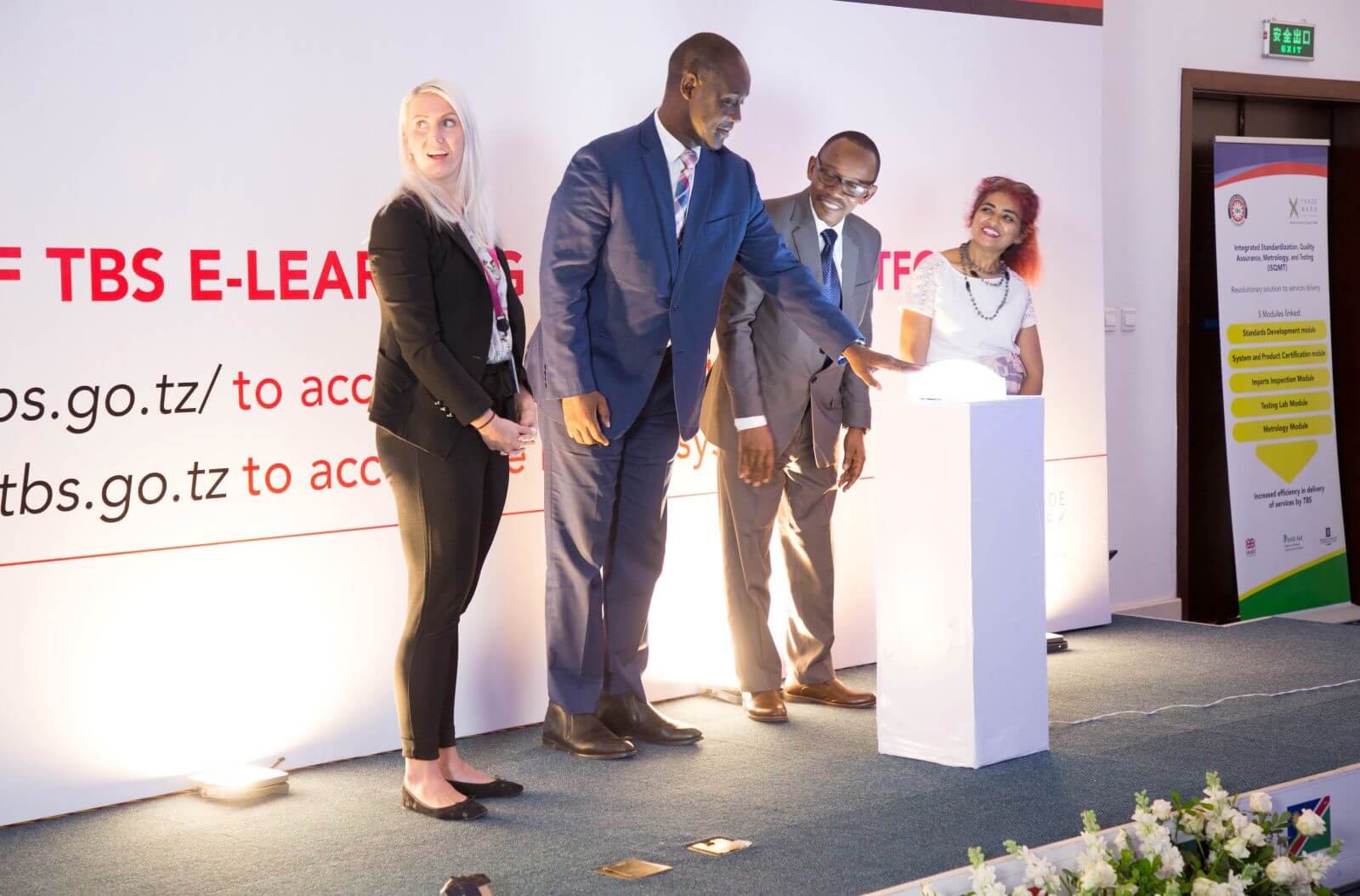EAST African Community (EAC) partner states are bringing in Singapore’s technology to facilitate digital trade document flows. It is in line with the work to improve the EAC’s Single Customs Territory (SCT) that goes on with the selection of a Singaporean technology provider to design the right system for the bloc. The EAC that has seen its new Secretary General, Dr Peter Mathuki take over office, launched the single customs territory in 2013. Dr Mathuki has taken over from Ambassador Liberat Mfumukeko, whose term has expired. SCT is designed to ease trade between EAC member states and trim costs by clearing shipments at their first port of arrival or departure, easing the otherwise inefficient flows of customs information that have hindered its effectiveness. Singapore’s GUUD Company, through its subsidiary -vCargo Cloud Kenya, won a tender to create a centralised platform for the SCT that will allow customs documentation to be easily shared by member states’ authorities. “As the official technology partner for the project, GUUD will now embark on creating a centralised system that will facilitate trade document flows within the region for all intra-trade, transit, as well as imports and exports,” the company said in its statement. GUUD, a group of companies launched last year by Information Communication Technology (ICT) provider - vCargo Cloud, said the platform is expected to go live in early next year. EAC Customs Information Systems Expert, Mr Gabriel Kinu said the solution will integrate mechanisms such as cargo scanners and smart gates across the...
EAC adopts high tech in digital trade
Posted on: May 5, 2021
Posted on: May 5, 2021
























